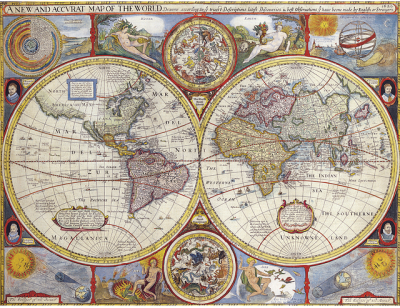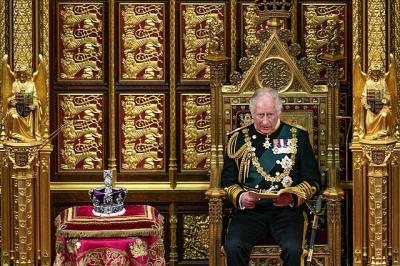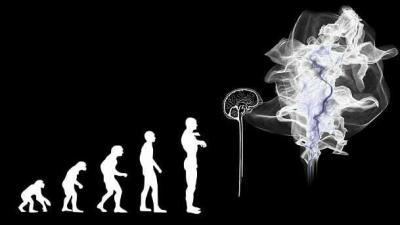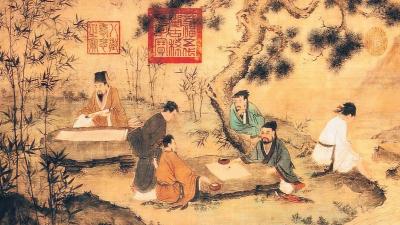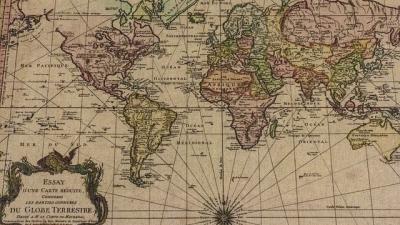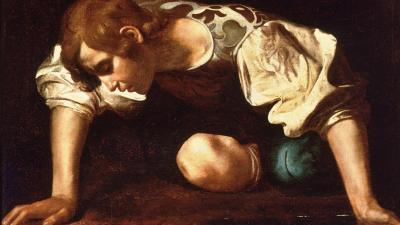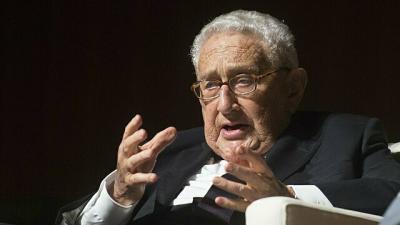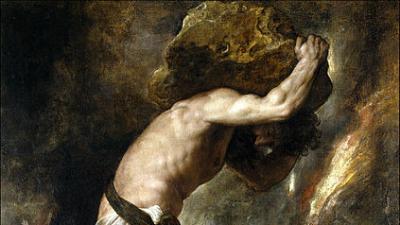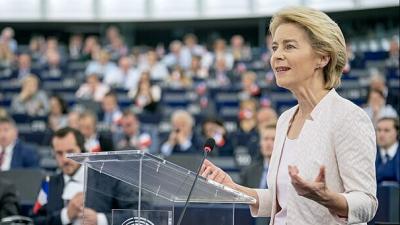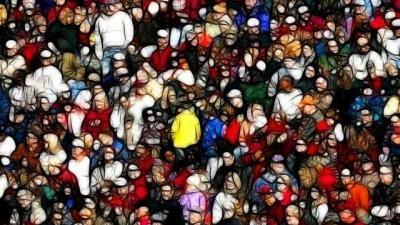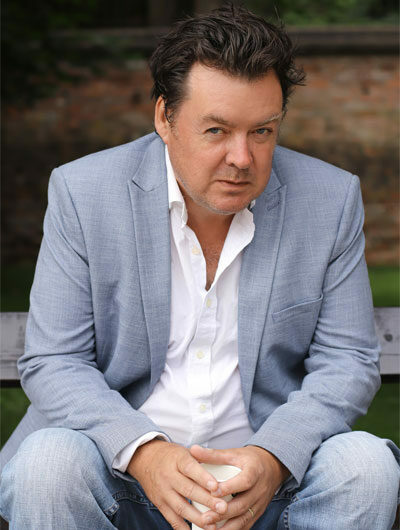
Brian Patrick Bolger
He studied at the LSE. He has taught political philosophy and applied linguistics in Universities across Europe. His articles have appeared in the US, the UK, Italy, Canada and Germany in magazines such as ’The National Interest’, ‘GeoPolitical Monitor’, ‘Merion West’, ‘Voegelin View’, 'The Montreal Review',’The European Conservative’, ‘Visegrad Insight’, The Hungarian Conservative' ,’The Salisbury Review’, ‘The Village’, ‘New English Review’, ‘The Burkean’, ‘ ‘The Daily Globe’, ‘American Thinker’, ‘The Internationalist’, ‘Philosophy News’. His book, 'Coronavirus and the Strange Death of Truth', is now available in the UK and US. His new book- ‘Nowhere Fast: The Decline of Liberal Democracy’ will be published soon by Ethics International Press.
China and the New Nomos of the Earth
The world stands at a paradigm shift; a thunder of meeting, fighting tectonic plates. Vaclav Klaus, in his latest article in 'The Hungarian Conservative' laments the passing of an old order. The move from one epoch to another is reminiscent of Mathew Arnold's poem 'Dover Beach' where the ebbing of the sea of faith had ceased caressing the shores of the world.
Brian Patrick Bolger
Charles III and the Coronation: 'Government of Himself'.
It was TS Eliot who remarked that 'When a term has become so universally sanctified as 'democracy' now is, I begin to wonder whether it means anything, in meaning too many things'.
Brian Patrick Bolger
AI - 2023: The Ghost in the Machine is Out
If we were to ask one dominating question about the Artificial Intelligence debate then it should be this one: What makes human beings special?
Brian Patrick Bolger
The Empire Strikes Back: Reflections on Chinese 'Tianxia'
The normal polemic against the so called 'civilisational states' such as China, for example, is that they can be pigeon holed merely as 'authoritarian', that they are, in fact, aberrations on the road to the full model of 'liberal democracy'. It is their inherent 'backwardness', inability to reform, not quite 'all in' on the merits of liberal democracy, that keeps them locked up in Plato's cave.
Brian Patrick Bolger
The End of Globalisation
There seemed to be an inevitability in the talk of globalisation and the 'end of history' which ushered in the twenty first century.
Brian Patrick Bolger
The War on Bugs
If it wasn't for Covid, War and Bugs the master race of Homo Sapiens would have little to occupy themselves with. Now it is Bed Bugs, in Paris and London, encircling European cities like the plague of Oran.
Brian Patrick Bolger
Kissinger and the Next War
The longevity of Kissinger in American politics was a result of an ingredient which determines great men from the ordinary. It is that they appear to be working against the grain of world history, they appear to be 'out of sorts'. So, they are reactionary when liberalism is all the rage.
Brian Patrick Bolger
Francis Fukuyama and the Philosopher's Stone
In the 1990s there was a type of vulgar complacency in the social sciences. This was ushered in by the after effects of the Cold War which, it was presumed, meant the 'end of' something or other. The 'end of ideology', the 'end of history'; a supposition that the damaging 'ideologies' of the twentieth century were exposed and dismantled.
Brian Patrick Bolger
Meghan and the Society of the Spectacle
It was the old Marxists who maintained that humans, under capitalism, are related according to their commodity value of exchange.
Brian Patrick Bolger
NatCon, the Debacle of Democracy and the Wolf In Sheep's Clothing
Democracy, despite common parlance, is not a modern construction. There has always been democracy in Europe; in fact, despotic regimes were very rare.
Brian Patrick Bolger
Even the Poets are Killing: Fico and the New Iron Curtain
The Slovak 'Lee Harvey Oswald' was a 71 year old poet. It's what poets do these days. No waltzing around daffodils in the Lake District or smoking Opium a la Coleridge.
Brian Patrick Bolger
'Post-Liberalism' – Reflections on the Revolution in Europe
We have now entered the stage of post-Liberalism. The European elections have seen a move to traditionalist parties in most states.



